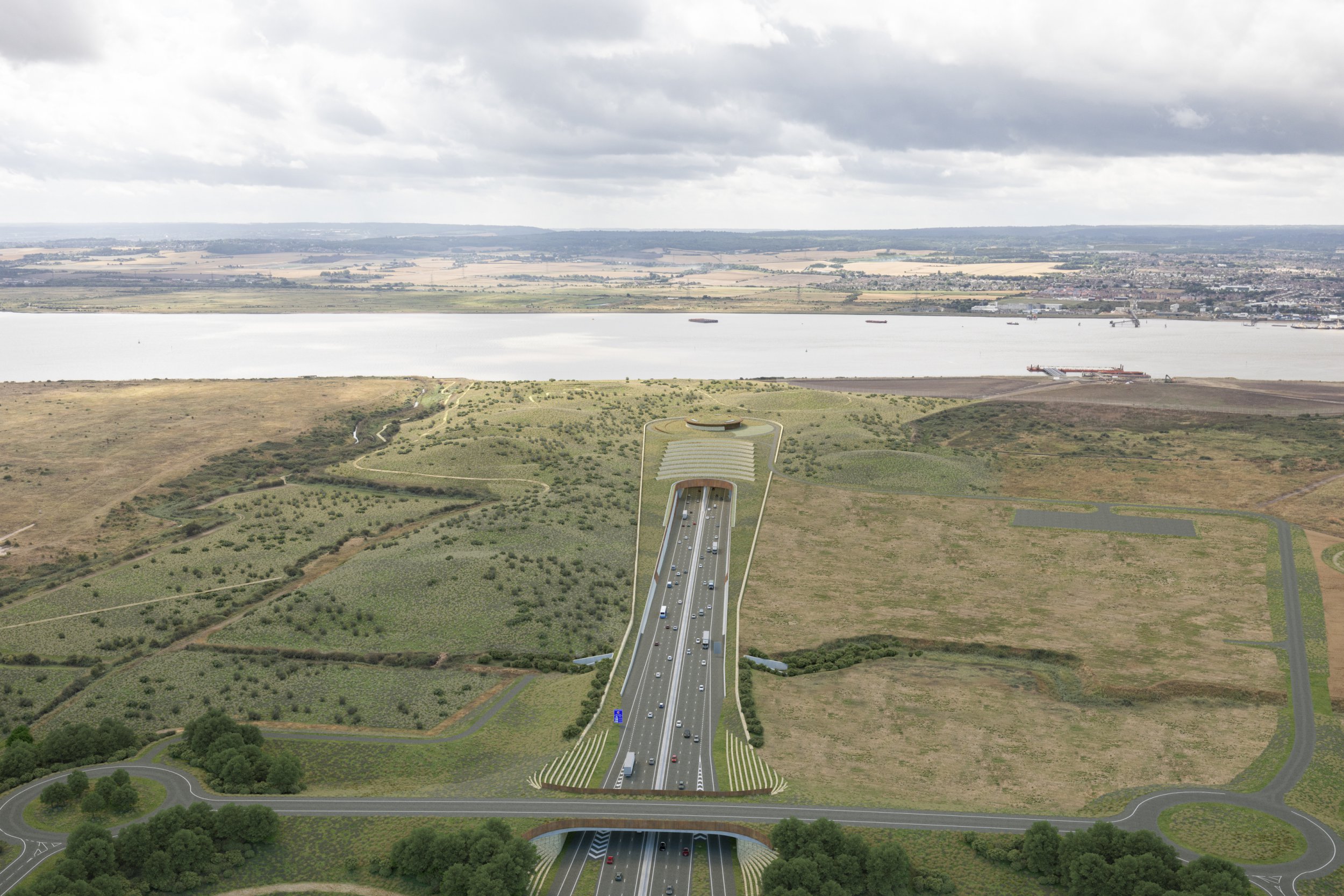Why the UK Struggles to Complete Costly Projects On Time and On Budget

Britain's Infrastructure Crisis: A System in Gridlock
A recent report has highlighted a growing concern regarding the state of infrastructure development in the United Kingdom. According to findings, Britain is falling behind its European counterparts due to a combination of an overly complex planning system, bureaucratic delays, and a significant shortage of skilled construction workers.
The Impact on Economy and Net Zero Goals
Delays in constructing essential roads, railways, and energy projects are not just logistical setbacks; they pose serious threats to the UK economy, regional equality, and the nation’s commitment to achieving net zero emissions. A study conducted by the Council on Geostrategy think tank underscores these issues and calls for urgent reforms to address the systemic inefficiencies plaguing the sector.
Government Initiatives and Needed Reforms
While the government has introduced the Planning and Infrastructure Bill and a 10-year infrastructure strategy aimed at streamlining processes, experts argue that more aggressive measures are necessary. These include imposing strict deadlines for statutory consultations, benchmarking against international standards, and conducting supply audits for construction materials used in large-scale projects.
The report advocates for bold targets in transport network development, including extending high-speed rail lines beyond Birmingham to better connect cities like Hull, Manchester, Liverpool, Leeds, Sheffield, Newcastle, Cardiff, Edinburgh, and Glasgow. Additionally, prioritizing the improvement of main trunk roads is crucial for enhancing regional connectivity.
Case Studies of Delays
Several major projects serve as cautionary tales within this context:
- Elizabeth Line: Completed four years late and £4 billion over budget.
- Lower Thames Crossing: Estimated to be at least £3.5 billion over budget and still awaiting commencement after 16 years since its initial proposal.
- Hinkley Point C: The UK's first nuclear power station in over two decades faces potential delays until 2031, attributed partly to rising costs post-Brexit.
These examples highlight the extensive approval times required for Development Consent Orders (DCOs), which have nearly doubled from 2.6 years in 2012 to 4.2 years in 2021.
Workforce Shortages and Their Implications
Labour's pledge to build 1.5 million new homes during this parliamentary term faces a daunting challenge due to workforce shortages. Estimates suggest that an additional 25,000 bricklayers, 3,000 plumbers, 4,000 plasterers, 10,000 carpenters, and 3,000 electricians would be needed to meet this target. Industry reports project that approximately 250,000 to 300,000 additional construction workers will be required over the next four years.
Moreover, a lack of specialized workers such as welders and high-voltage lineworkers could impede progress on renewable energy, nuclear, and water infrastructure projects. A former No 10 senior adviser's report warns that nearly 40% of large infrastructure projects might stall or fail in the coming years due to these labor shortages.
Comparative Analysis with Other Nations
Data reveals that the UK lags significantly behind other European nations in terms of motorway infrastructure. With only 3.3 miles of motorway per 100,000 people, the UK trails far behind countries like Spain (22 miles), Portugal (18 miles), France (11 miles), Germany (10 miles), and Italy (7 miles). Furthermore, the UK ranks lowest in motorway length per 100 square kilometers of land area, with just one mile compared to over two miles in Germany, Spain, and Portugal.
Over the past decade, the UK added merely 65 miles of motorway, a stark contrast to the expansion seen in other European nations. This limited growth coincides with a population increase of 11 million, underscoring the urgency of addressing infrastructure deficiencies.
Overcoming Legal and Environmental Hurdles
Legal challenges have also contributed to delays, particularly evident in the prolonged debate over a third runway at Heathrow Airport. Since 2012, 58% of decisions on major infrastructure projects have faced judicial review, a significant rise from the historical average of around 10%.
Digital Connectivity Concerns
In addition to physical infrastructure, the UK ranks last among 15 leading economies for 5G deployment. Dr. Mann Virdee, the report's author, emphasizes the need for near-universal next-generation data connectivity to support modern infrastructure requirements.
Government Response and Future Projects
Despite these challenges, the government remains committed to improving infrastructure through decisive action. Ongoing projects include the TransPennine route upgrade to enhance connectivity between Manchester and Leeds, East West Rail to stimulate growth across the Oxford-Cambridge corridor, and the Lower Thames Crossing to nearly double road capacity across the River Thames east of London.
Britain faces deeply entrenched barriers to delivering 21st-century infrastructure, primarily stemming from a complex planning system marked by excessive bureaucracy. Addressing these multifaceted challenges requires coordinated efforts to break the "cycle of inertia" and ensure sustainable development for future generations.
Post a Comment for "Why the UK Struggles to Complete Costly Projects On Time and On Budget"
Post a Comment